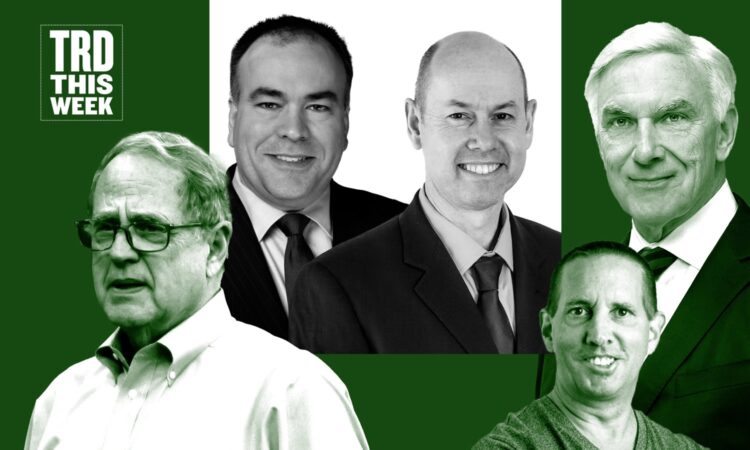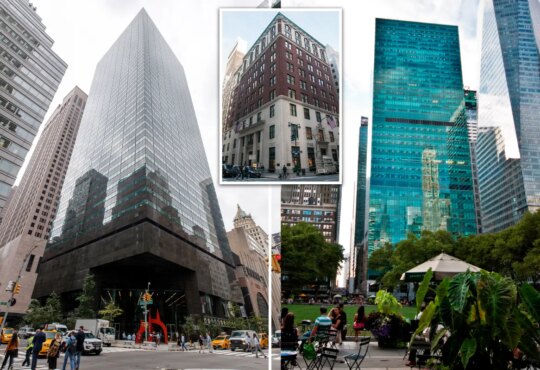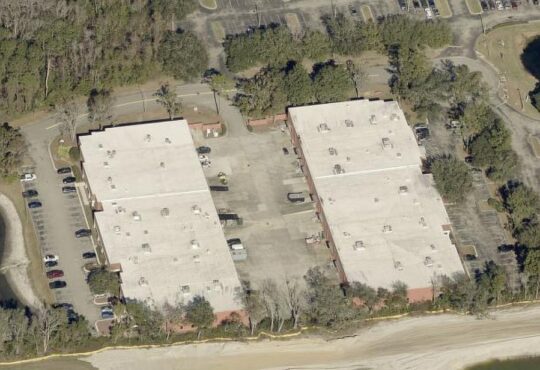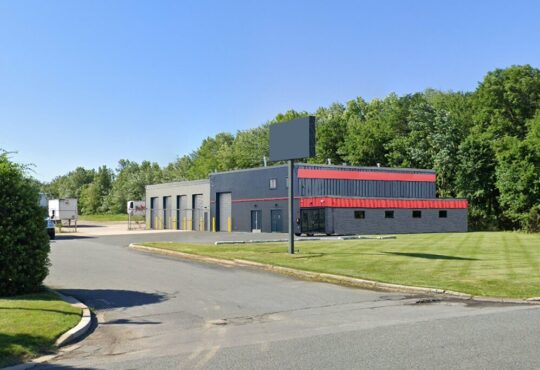
Chicago’s rise to the top of the multifamily market is dominating the metro’s real estate narratives.
Here’s a chapter on the risks of running hot, which include political ramifications as demand overwhelms a diminished pipeline of supply and sends rents skyrocketing.
Chicago’s job base is stabilizing, migration is rebounding and tenants are paying up for quality units. A key constraint, however, is self-inflicted: a mix of political paralysis, fiscal unpredictability and residents who protest density but complain about rent hikes.
That combination is exporting capital to collar counties and locking out the very housing the city needs most.
All politics are local, it’s often said, but the mixed bag of the Chicago metro’s multifamily market could go beyond how the legion of renters vote in elections for city councils that control zoning decisions, enough to become a factor in the March primary race for assessor.
That’s a battle that already has the real estate industry paying attention, for obvious reasons and then some.
Incumbent Assessor Fritz Kaegi is fielding a challenge from Patrick Hynes, who’s garnering financial support from some big business players — with a $25,000 donation from Michael Sacks of massive asset manager GCM Grosvenor leading the way, public records show.
Real estate power figures have followed suit: Hynes took in a $10,000 donation from David Carlins of developer Magellan and four-figure sums from developer John O’Donnell, investor and commercial window magnate Rodrigo d’Escoto and landlord Stuart Handler’s firm TLC Management. Bill Silverstein of Beal Properties, who bought a Lincoln Park property for $36 million this month, also chipped in $2,500 for Hynes.
Kaegi has earned the enmity of real estate interests over his penchant for steep hikes on commercial property assessments. Although he took in $5,000 earlier this year from Bulls and White Sox owner Jerry Reinsdorf, a real estate legend aside from his sports interests, the incumbent’s campaign war chest has largely been self-funded over his past two election victories.
The multifamily segment of the market could constitute a separate front in the assessor’s race.
The Chicago region now leads the nation in rent growth, a milestone fueled by a yearslong supply drought that’s turning existing buildings into cash machines.
Investors say the market’s strength masks a structural problem: an anti-development culture and political dysfunction that’s keeping new supply off the board and the costs of property taxes uncertain inside the urban core.
The result is a push by investors deeper into the suburbs, where property values are rising more reliably and taxes are more predictable than in Chicago. The Cook County assessor’s race could easily center around this theme — and it could cut any number of ways.
Hynes has hammered Kaegi for jacking up assessments on large commercial properties. Meanwhile, landlords within Chicago’s city limits have to consider the suburbs as both a competitor and an option — Hander, for instance, has recently traded out Hyde Park assets in favor of buying bigger multifamily assets in the suburbs.
Then take the $181 million that a pair of Aurora apartment deals just fetched. Sellers in both of those appeared to do well with the transactions, as their buyers Vistria Group, Standard Communities and DRA Advisors paid top dollar in a bet on steady rent growth and fewer political surprises. It’s more varied in Chicago proper, though. Locally based Origin Investments took a loss on its $63 million sale of a West Loop asset it purchased for nearly $66 million in March 2020. Meanwhile, developer Matt Katsaros’ firm Wildwood scored a gain with a $40 million sale in Lakeview to Utah-based Highland Partners.
Some developers are hedging their bets. Fulton Street Cos., best known for Fulton Market projects, is taking its first swing in the suburbs.
The logic is simple: even modest infill projects face gauntlets of neighborhood pushback and aldermanic vetoes. Every blocked building tightens the market, further enriching existing owners while exacerbating the affordability squeeze.
Meanwhile, in Cook County, the political theater continues. Kaegi’s progressive crusade against commercial landlords — marketed as tax “fairness” — has instead produced chaos. Assessments swing wildly year to year, partly due to successful appeals by landlords to the county’s Board of Review. Nonetheless, the system deters investment and erodes underwriting confidence. Kaegi’s race with Hynes could be construed by some as a referendum on whether Chicago even wants new housing.
Despite the dysfunction, investor interest keeps flowing in. Highland Partners’ Ben Frazer told TRD his firm “loves the Chicago market,” praising strong job growth and demand. LRE Management’s Eric Londa, who bought Origin’s West Loop asset, said his New York-based firm is “comfortable with the uncertainty” — a clue about how far risk premiums have stretched.





